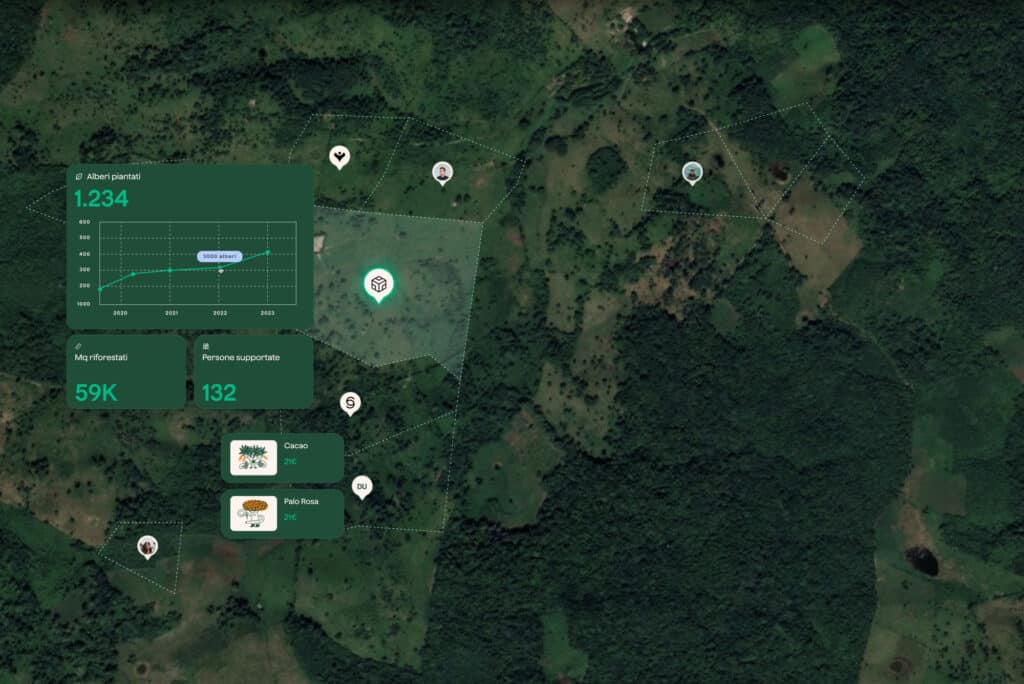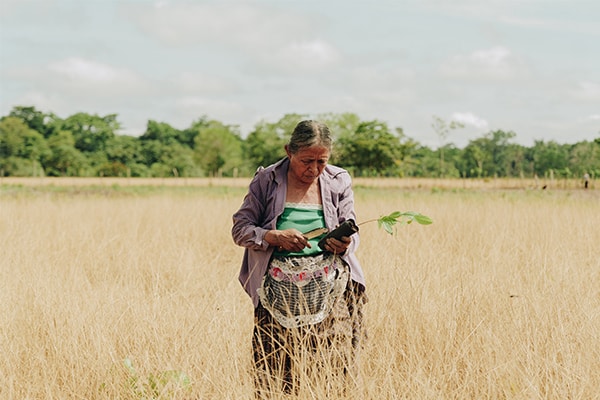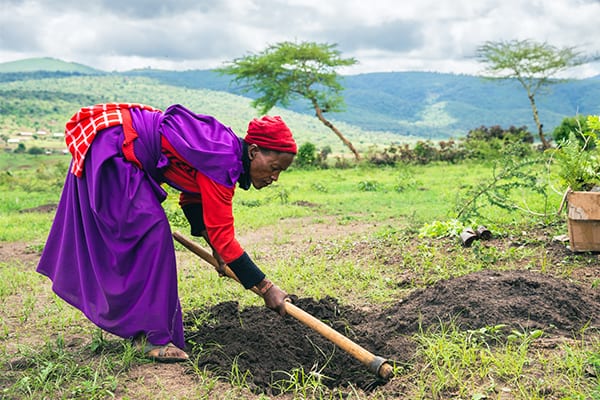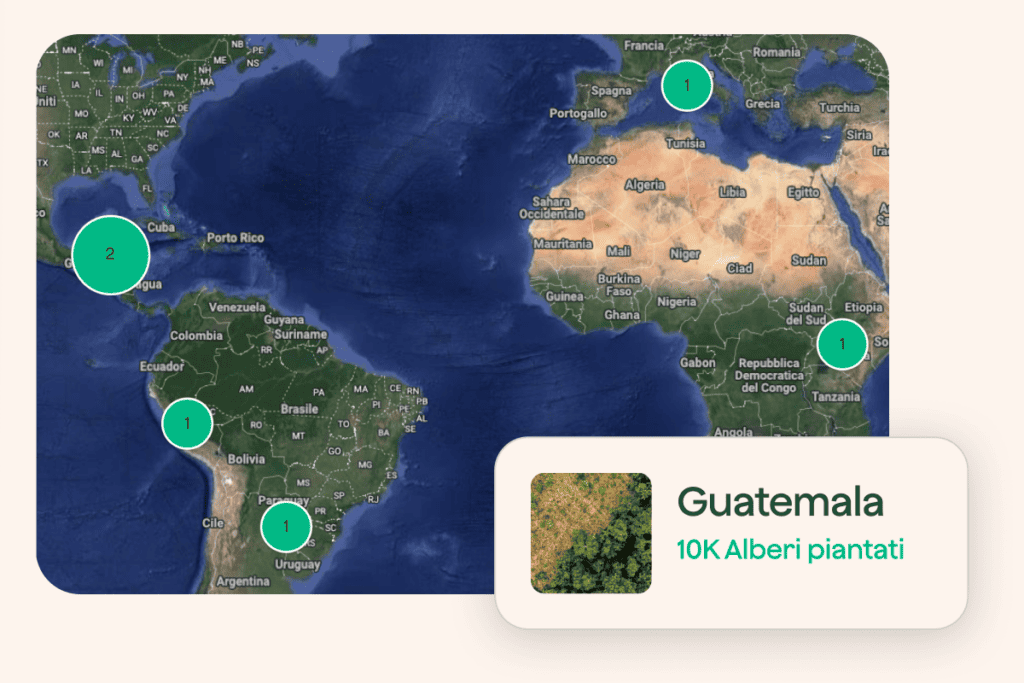Organic farming is an agricoltural approach based on respecting the natural balance of ecosystems and animals through sustainable practices and the ban of chemical inputs such as pesticides and synthetic fertilisers.
The principles of organic farming
- In organic farming, pest control and soil fertilisation take place using natural methods instead of synthetic chemical pesticides, chemical fertilisers and genetically modified organisms (GMOs);
- Organic farming promotes crop rotation to improve soil fertility and prevent the occurrence of diseases and pests;
- In organic farming, the health of farm animals must be ensured through the inclusion of open spaces, natural feed and the restriction of antibiotics.
Read more
The benefits of organic farming are manifold. This farming approach is believed to produce healthier food with less pesticide residues and chemical contaminants. The limitation of chemical pesticides and synthetic fertilisers also has a positive impact on the environment, reducing water pollution and promoting biodiversity. Organic approaches also promote biological diversity by creating habitats for pollinating insects, birds and other wildlife, thus contributing to healthy agricultural ecosystems. Organic farming practices also promote soil health by increasing its capacity to retain water and nutrients. Finally, organic farming limits the depletion of natural resources and contributes to climate change mitigation through soil conservation and the reduction of greenhouse gas emissions.
International standards and certifications regulate and define what constitutes an organic product. There are numerous certification organisations that work to verify that products are grown and processed according to strict production standards without the use of synthetic chemical pesticides, artificial fertilisers, genetically modified organisms (GMOs) and by promoting sustainable agricultural practices. IFOAM Organics International is the international organisation representing the organic farming movement, promoting organic standards and offering a wide range of globally recognised certifications. In the European Union, organic products must comply with EU organic farming standards in order to be labelled ‘EU Organic’, and there are various regulations and organisations active at the national level.
Even after certification, organic producers are subject to regular inspections by certification organisations to ensure the transparency and integrity of the products. Every organic product must be accompanied by a label indicating the name of the certifying organisation. The label system allows consumers to trace the origin of products and verify their authenticity.
Organic farming is a response to environmental and health concerns associated with conventional agriculture, but it also catalyses a debate on the effectiveness of organic versus conventional farming.











